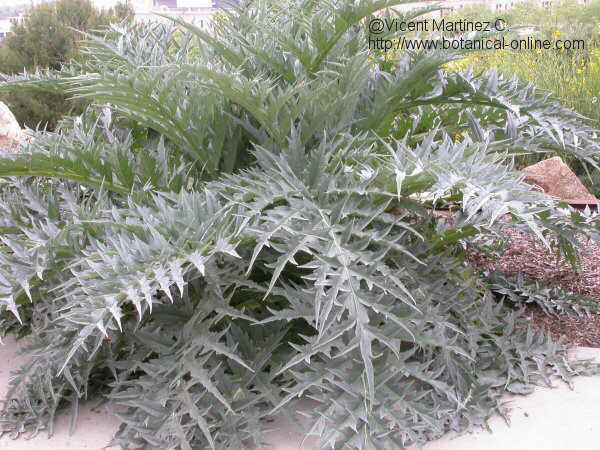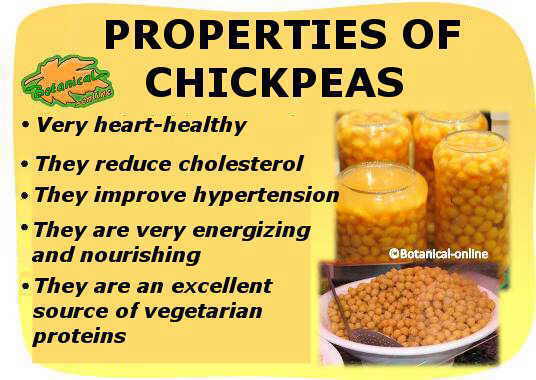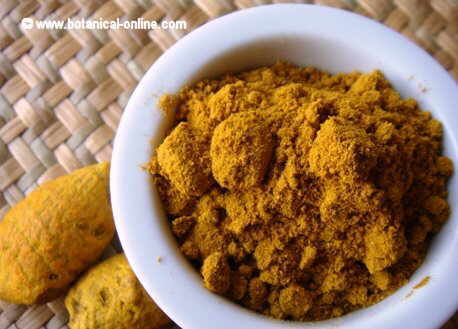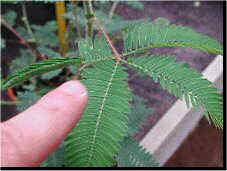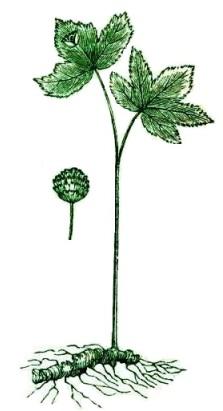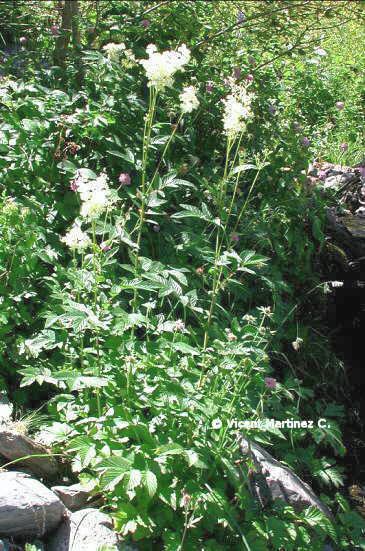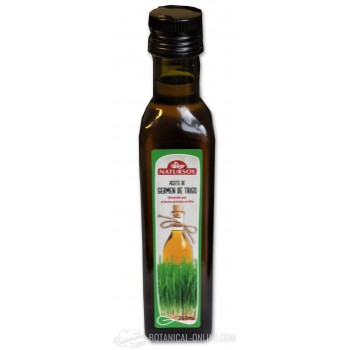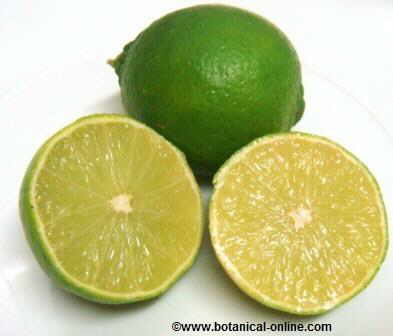Contents
Ascorbic acid characteristics
What is vitamin C?
Vitamin C or ascorbic acid is the most widely used of all vitamins. It was discovered in 1928 but people had an idea of its existence earlier when the sailors who went to America took lemon juice to cure scurvy.
Today intake of this vitamin is mainly done to improve the overall condition of the body, being one of the best antioxidants. The intake of this vitamin can help prevent many diseases and extend life.
It has been shown that people who take more than 300 mg daily either through vitamin C-containing foods or vitamin C supplements tend to live longer than those who do not. The ultimate defender of the vitamin was Nobel Linus Pauling, an American chemist who held the theory that most diseases are caused by its deficiency. He stated that the ingestion of very large amounts of vitamin C could extend life about 12 or 18 more years than normal. He himself took very large quantities and lived until he was 93 years old.
Otherwise, poor dietary intake of vitamin C may be responsible for the occurrence of many diseases. Vitamin C is necessary for the production of collagen, hormones and neurotransmitters. Its deficiency can manifest itself in a state of body weakness or other particular symptoms such as bruising, wound healing difficulty or other abnormalities (More information about ” Properties of vitamin C” in the listing below)
Where can I find vitamin C? Natural sources of vitamin C
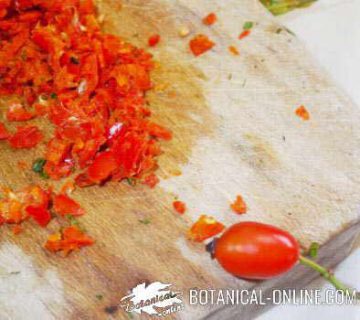 Vitamin C is mainly obtained from plant foods. There are many plant sources containing vitamin C. Pepper (Capsicum sp.) is one of the main foods rich in this vitamin, after acerola (Malpighia glabra) a tropical american shrub, also known as Barbados cherry or Surinam cherry. This tropical plant produces a fruit that contains the greatest amount of this vitamin. Carambola fruit is also ver rich in vitamin C.
Vitamin C is mainly obtained from plant foods. There are many plant sources containing vitamin C. Pepper (Capsicum sp.) is one of the main foods rich in this vitamin, after acerola (Malpighia glabra) a tropical american shrub, also known as Barbados cherry or Surinam cherry. This tropical plant produces a fruit that contains the greatest amount of this vitamin. Carambola fruit is also ver rich in vitamin C.
Rose hips, the fruits of dog rose (Rosa canina) are so rich as them but they are surely richer that peppers. (Hips have 7% of its weight in vitamin C, a very large amount compared to the 0,19 % of raw red peppers or 0,05% of oranges). However, Surinam cherries are an oddity and hips are not usually eaten if not conveniently sugared to get them rid of their acrity.
Citrus fruits (oranges, lemons, grapefruits, limes, tangerines, etc.) are also very rich.
Other plants that contain a lot of this vitamin are: cauliflower, radishes, Brussels sprouts, spinach, bananas, apples, melons, watermelons, carrots, pineapples, pears, papayas, barley, garlic, blackberries, celery, peas, strawberries, raspberries, currants, blueberries, grapes, celery, figs, beans, chicory, cranberries, potatoes, avocados, soybeans, custard apples, mangoes, pomegranates, coconuts, etc.,
Another sources of vitamin C: Supplements of vitamin C
Apart from plant foods, we can obtain vitamin C from vitamin C supplements. As a complement, this vitamin is mainly taken in the form of tablets, capsules, mixed with honey, wafers, etc. The main types of supplements containing vitamin C are the following combinations:
- Vitamin C effervescent: It consists of ascorbic acid, citric acid and sodium bicarbonate. Thus, it is very tolerable for the body.
- Capsules and tablets of ascorbic acid: These are the most used. They are swallowed whole.
- Vitamin C with bioflavonoids. This combination will achieve a mutual collaboration between the two components. This combination is very appropriate to treat baldness.
- Non-acidic Vitamin C: This consists of sodium ascorbate or calcium ascorbate, especially suited for people who have heartburn problems.
- Slow release Vitamin C tablets : Like the previous type predecessors, they are used with the same stomach disturbance.
- Vitamin C chewable tablets: They are used especially for children. They taste between sour and sweet.
![]() More information about vitamin C.
More information about vitamin C.

